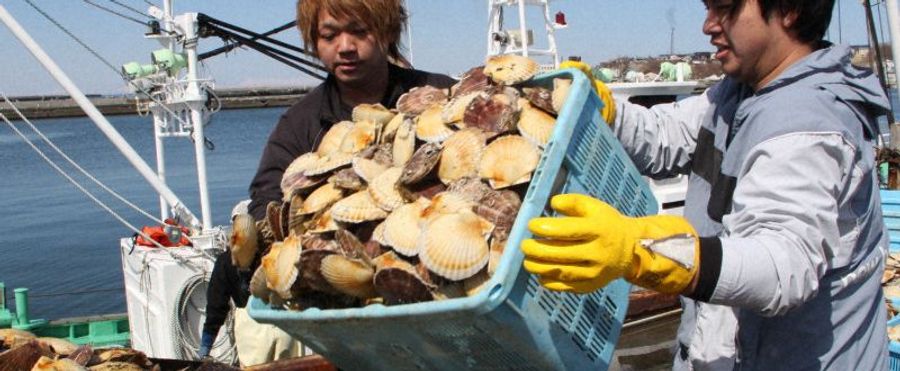Japan has resumed its export of frozen scallops to China after a hiatus. The seafood trade is significant to both nations' economies, yet it had been briefly stalled due to unspecified issues. Now, with lifted restrictions, the previously frozen seafood operations between the two countries are once again active, sparking substantial economic activity and drawing attention within the international trade community.
As one of the world's largest seafood consumers, Japan relies heavily on its seafood export to drive economic growth. It has a rich history of seafood trade, particularly scallop exports, which play a vital role in many coastal communities. Resuming trade with China reflects economic recovery and reinforces the longstanding business partnership between these two Asian powerhouses. The topic is of significant interest to the Japanese public and industries that rely on seafood exports.
Seafood trade disputes and resumptions are common in many countries, including the US and EU. However, policies and attitudes towards such trade can vary dramatically. In the US, seafood trade plays a crucial role in economies and has been heavily impacted by international relations and tariff wars. In the EU, seafood trade is heavily regulated to maintain sustainability and protect against overfishing.

